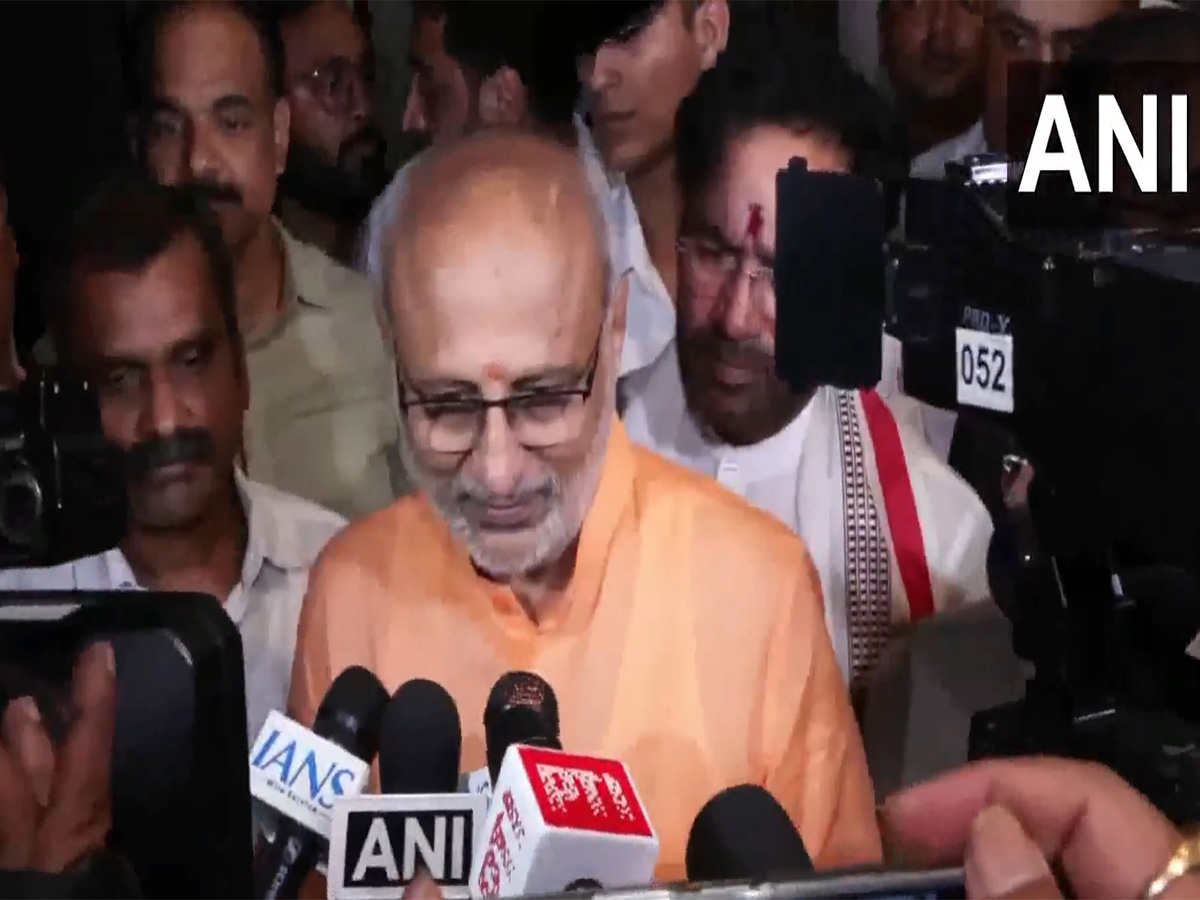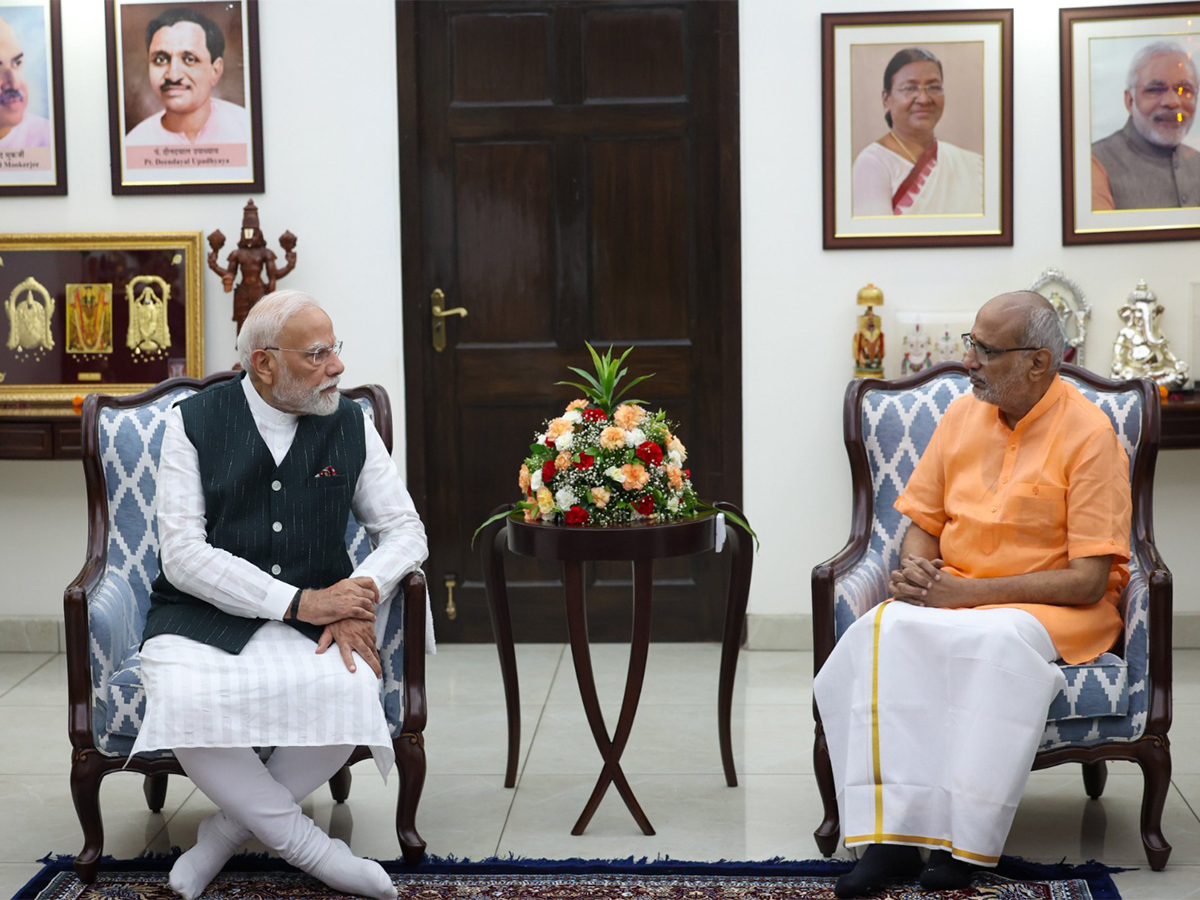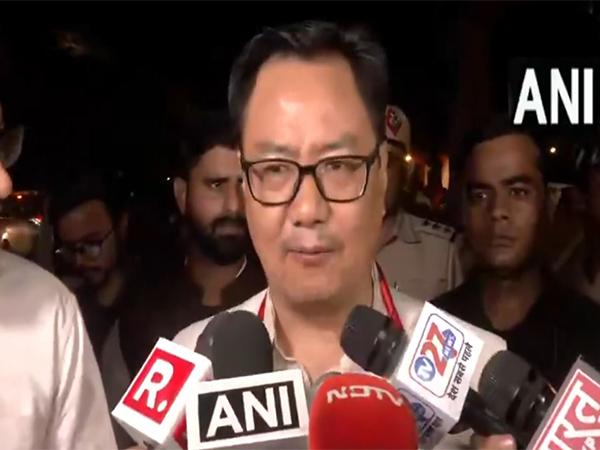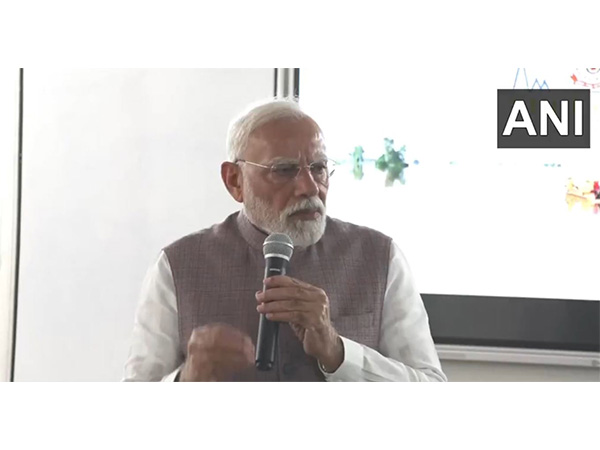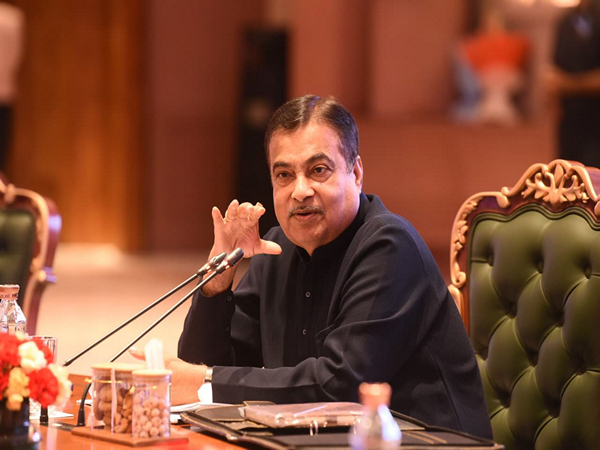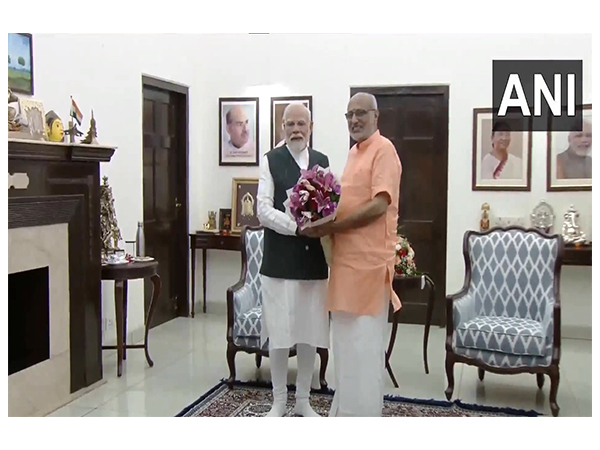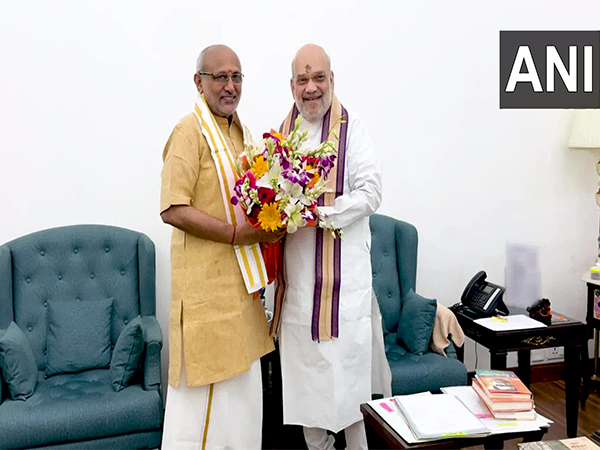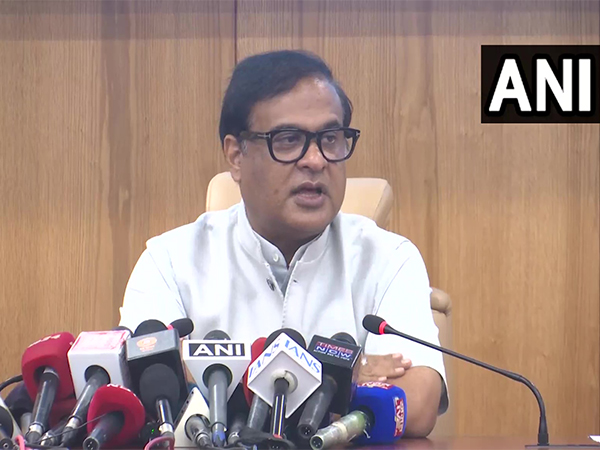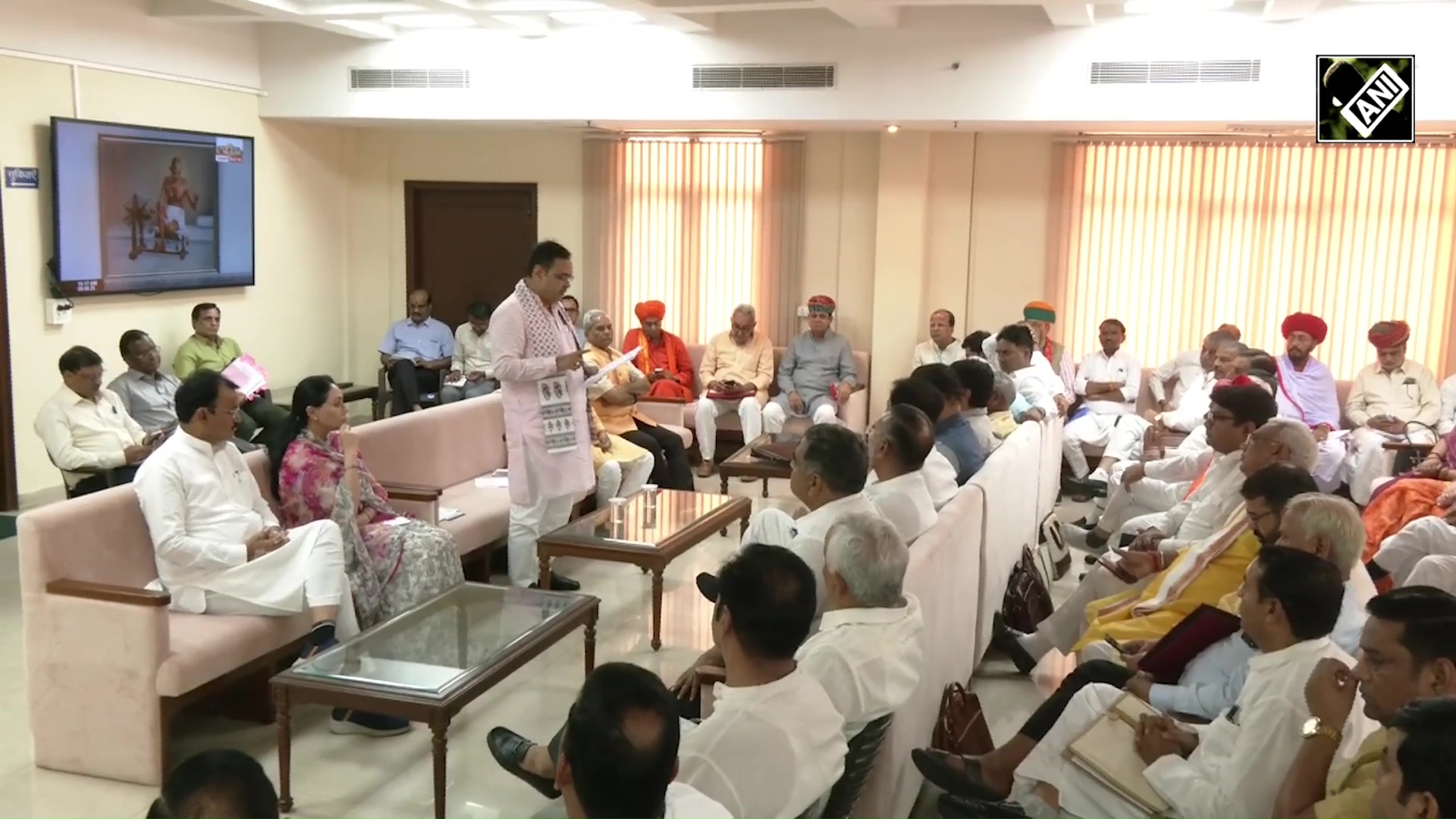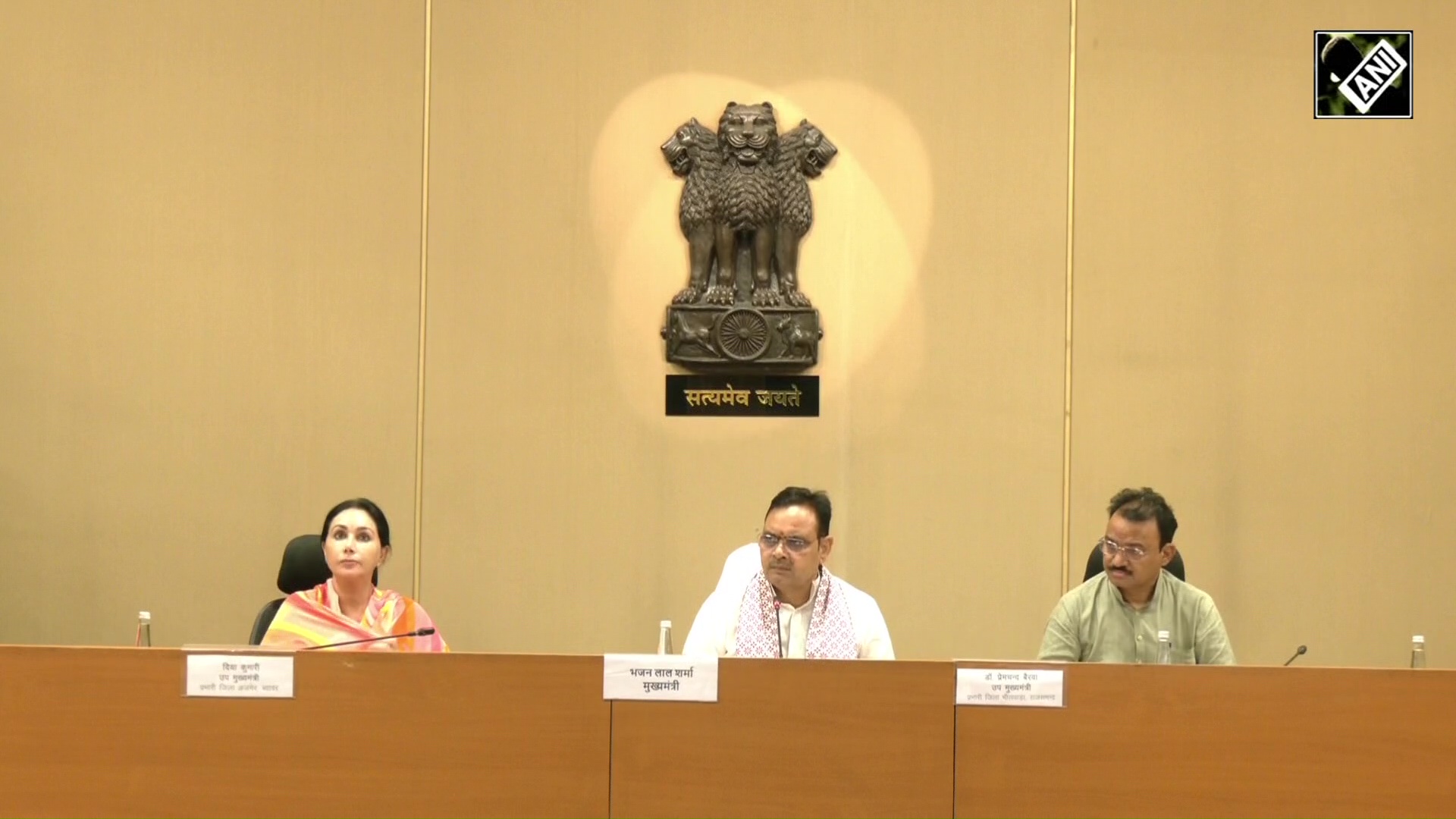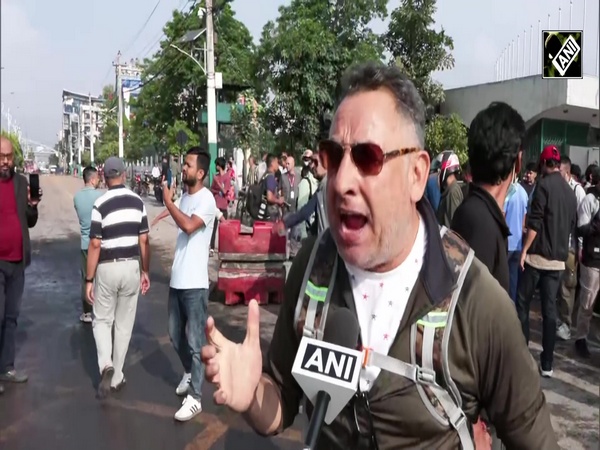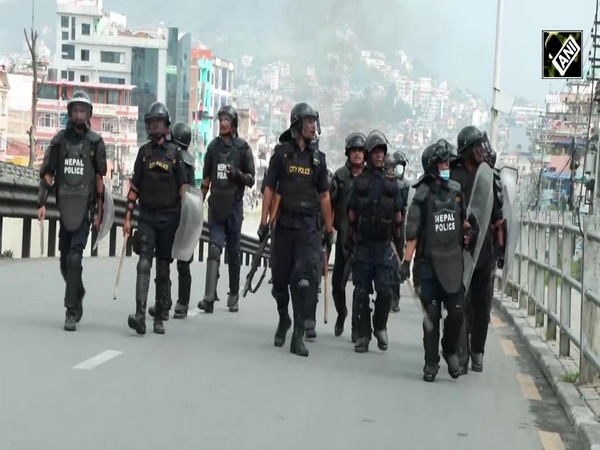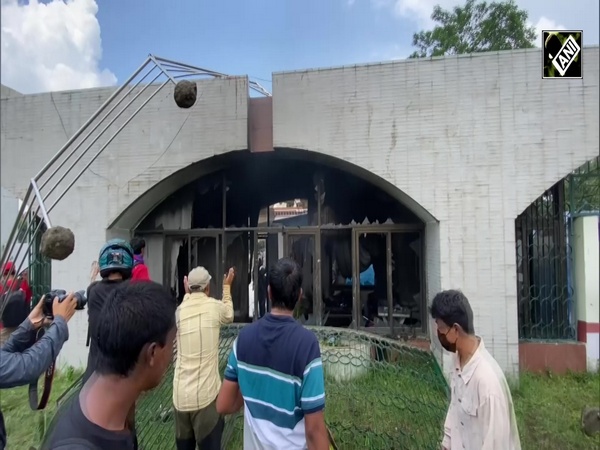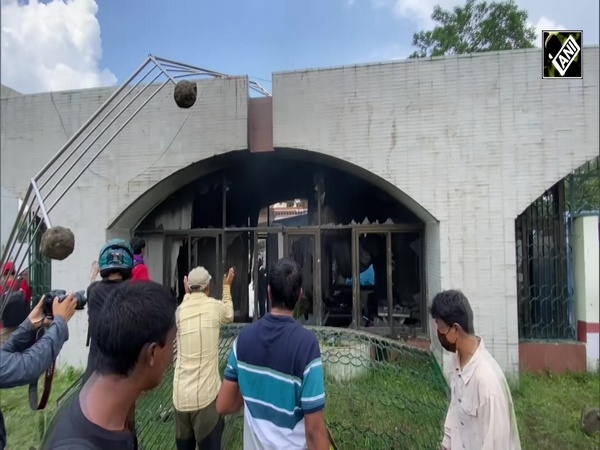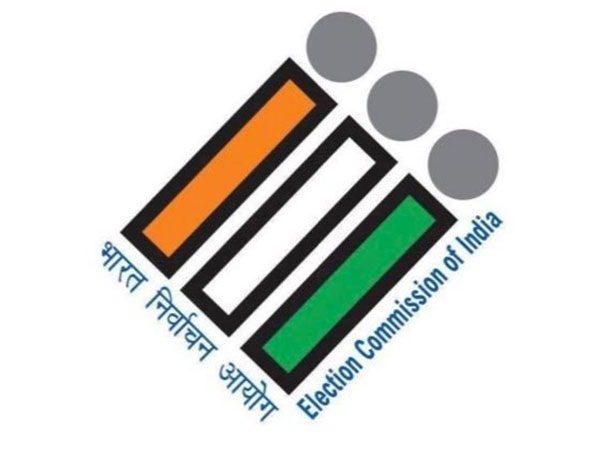
EC intensifies scrutiny of new political party applications to combat electoral fraud
Sep 09, 2025
New Delhi [India], September 9 : The Election Commission of India (ECI) has announced stringent new measures to prevent fraudulent political party registrations, mandating intensive verification of founding members' affidavits after discovering cases of manipulated documentation in recent applications.
As part of its ongoing campaign to clean up the electoral system, the ECI will now require verification of at least 20 randomly selected individual affidavits from founding members of any association seeking registration as a political party under Section 29A of the Representation of the People Act, 1951.
The decision comes after the Commission noticed several recent cases where applicants submitted "manipulated or false affidavits" in attempts to secure political party registration. The new protocol aims to eliminate such dubious applicants and ensure only genuine organisations receive registration approval.
"To remove such dubious applicants and to ensure that only genuine applicants get considered for registration," the ECI stated in its directive, adding that the verification process will be conducted at the registration stage itself rather than after approval.
The intensified scrutiny forms part of the ECI's broader effort to cleanse the electoral system of non-existent and non-functional Registered Unrecognised Political Parties (RUPPs). In the first phase of this cleanup exercise, the Commission has already delisted 334 RUPPs on August 9, 2025, reducing the total number of listed RUPPs from 2,854 to 2,520.
The cleanup drive continues with a second round launched in August 2025, where the ECI identified another 476 RUPPs and directed Chief Electoral Officers of States and Union Territories to conduct verification inquiries against these political parties.
Given that the founding members of political parties often come from different districts and states, the ECI has established a comprehensive verification mechanism. The concerned Chief Electoral Officers will coordinate verifications through respective District Electoral Officers, ensuring thorough scrutiny regardless of geographical spread.
This decentralised approach is designed to prevent applicants from exploiting jurisdictional gaps or administrative oversight that may have allowed fraudulent registrations in the past.

